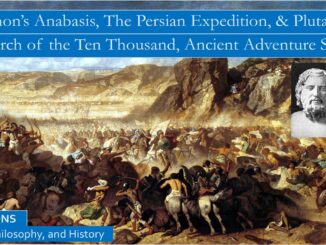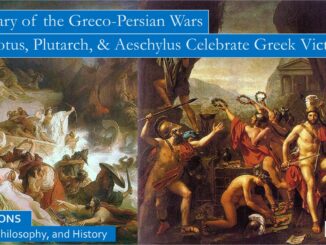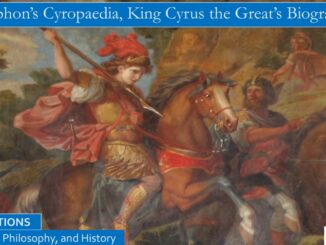
Greek Stoic and Cynic Philosophers: My Favorite Maxims: Heraclitus, Antisthenes, Diogenes, and Zeno
Diogenes was an exile in Athens who wanted to study under Antisthenes. Although Antisthenes threatened him with his staff, Diogenes was obstinate, he wanted to be his student, he shouted, “Strike, for you’ll not find wood hard enough to keep me away from you, as long as I think you have something to say.”
Diogenes noticed a mouse scurrying about in Athens, and he decided that, like the mouse, he would not be concerned about where he lived, so he lived in a tub, a large earthenware pot in the marketplace. When he saw a boy drinking water with his hands, he threw away the cup he owned, and later he threw away his bowl. He went barefoot even in the winter, his possessions consisted of a cloak and what he could carry in a knapsack.
Once, when traveling, he was captured by pirates and sold to a man who employed him to raise his sons to follow Cynic Philosophy. When his friends offered to ransom him from slavery, he refused, saying that “lions are not the slaves of those who feed them; it is the feeders, rather, who are the lions’ slaves. For fear is the mark of a slave, and wild beasts make men fearful.” […]




